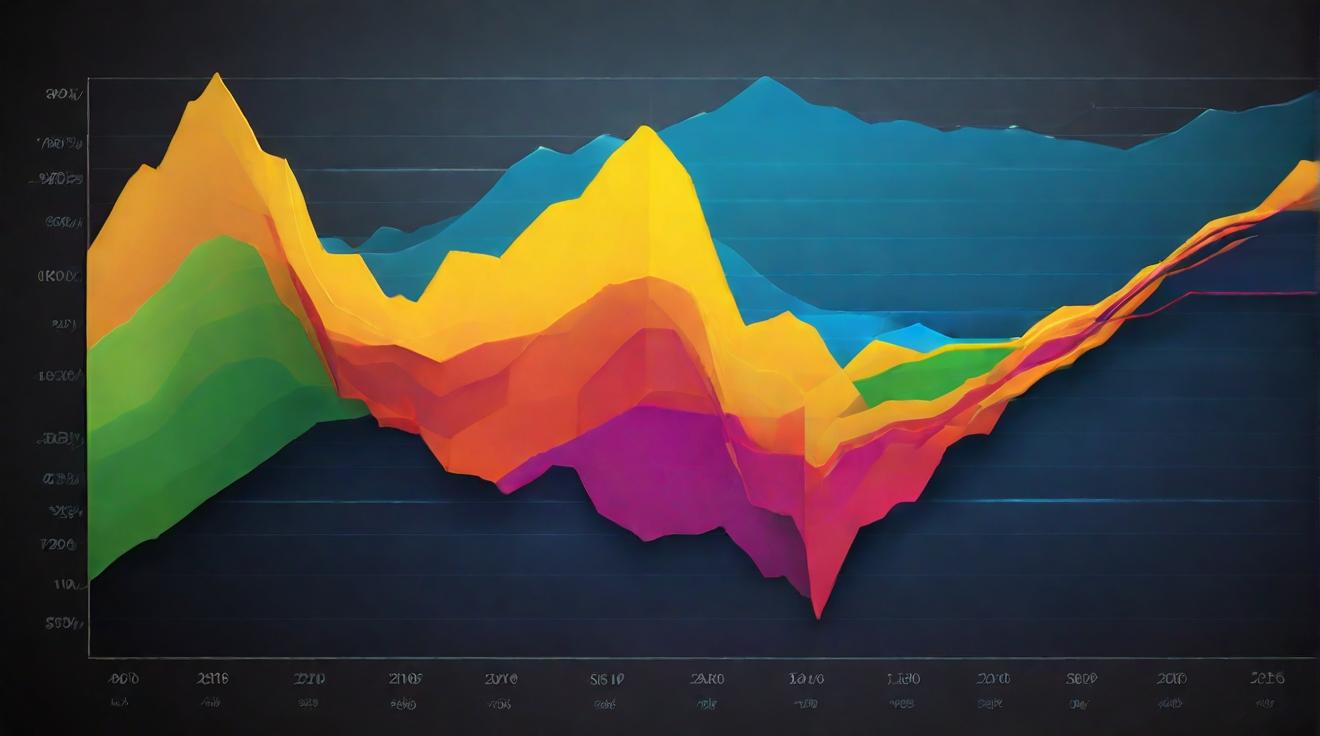Apple Faces Regulatory Pressure in China and the U.S.
In a significant move impacting the global tech landscape, Apple has been directed by the Cyberspace Administration of China to remove WhatsApp and Threads from its App Store in China, citing national security concerns. This action underscores the intensifying scrutiny tech companies face from governments worldwide regarding data privacy and national security.
The Chinese Crackdown on Non-Domestic Apps
The demand for the withdrawal of these popular messaging apps aligns with China's longstanding practice of limiting access to non-domestic digital services. To circumvent such restrictions, residents often resort to VPNs, highlighting the digital divide enforced by national internet regulations. The Cyberspace Administration's decision reflects China's rigorous stance on controlling the digital ecosystem within its borders.
U.S. Legislators Eye TikTok With Similar Concerns
Simultaneously, this development unfolds as the U.S. Senate gears up to deliberate on a bill that could lead to an outright ban on TikTok, another app in the spotlight for national security reasons. This proposed legislation, essentially mirroring China's apprehensions, requires ByteDance to divest TikTok within a stipulated timeframe or face exclusion from app stores across the U.S.
An International Dialogue on Digital Security
This juxtaposition of regulatory actions in China and the U.S. highlights a growing international dialogue on the balance between digital innovation and security. As nations grapple with these concerns, tech giants like Apple find themselves navigating an increasingly complex global regulatory environment, balancing compliance with local laws against their broader corporate principles.
Implications for Global Tech Industry
The outcome of the U.S. Senate's decision, coupled with China's firm stance, could set a precedent for how other nations approach app regulation, potentially inhibiting the global operation of tech companies. Moreover, this scenario emphasizes the geopolitical dimensions of technology governance, as actions in one nation invariably influence regulatory discourses in others.
In conclusion, the convergence of these regulatory issues in both China and the U.S. signals a pivotal moment for the global technology sector, particularly for companies operating transnationally. As Apple adheres to the order, and with the U.S. bill poised for President Joe Biden's signature, the industry faces uncertainties that could redefine international tech engagements amidst rising national security priorities.
Analyst comment
Neutral news.
As an analyst, the market for the global technology sector may face increased uncertainty due to Apple’s removal of WhatsApp and Threads from its App Store in China and the proposed U.S. legislation to ban TikTok. This could potentially set a precedent for app regulation in other countries and impact the global operation of tech companies. The industry will need to navigate the complex global regulatory environment and adapt to rising national security priorities.













